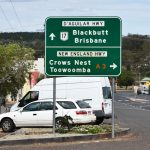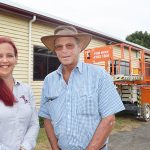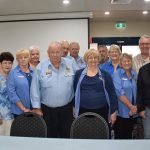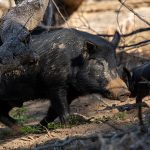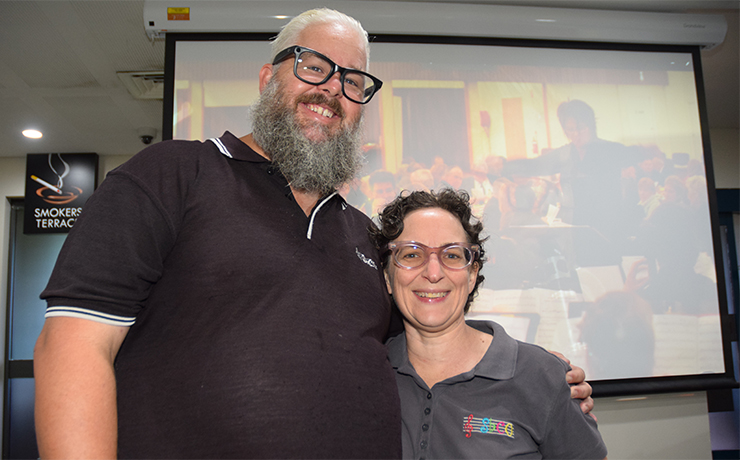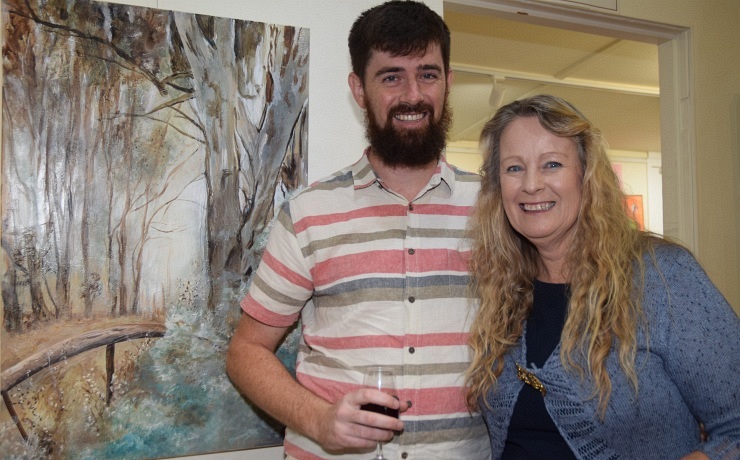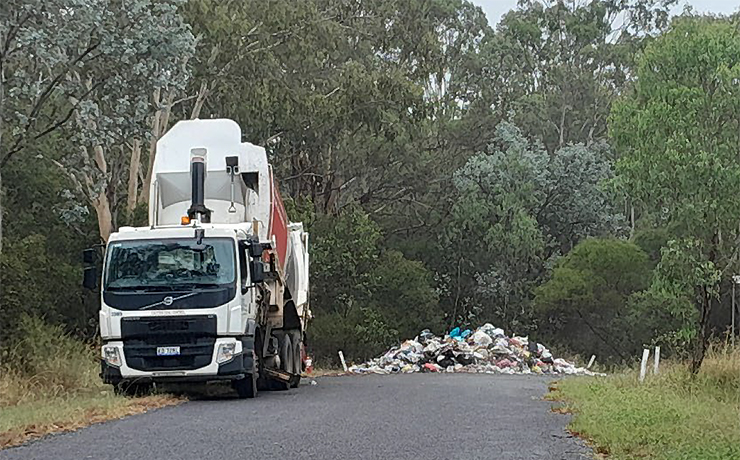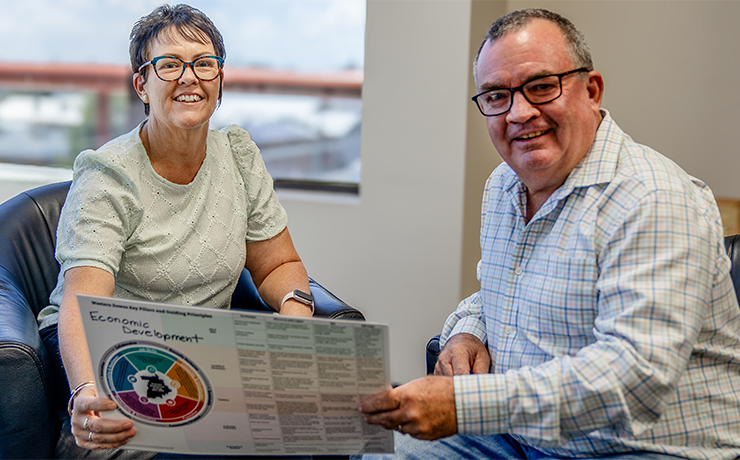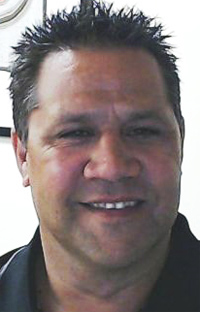
September 15, 2014
Aboriginal nurses and midwives today called on the Federal Government to reconsider cuts to university scholarship programs, saying they will impact on progress towards closing the gap in Aboriginal and Torres Strait Islander health and employment.
Congress of Aboriginal and Torres Strait Islander Nurses and Midwives (CATSINaM) Shane Mohor said of particular concern was
- The changes to the Indigenous Tutorial Assistance Scheme (ITAS);
- The defunding of scholarships that help cover the costs for final year nursing students to be placed in an Aboriginal Medical Services; and
- The uncertain future of the Puggy Hunter Memorial Scholarship, which provides funding for Aboriginal and Torres Straight Islanders to study a health-related degree.
“These essential programs were supporting Aboriginal people through their education and ensured they completed their studies so they could secure good jobs in health and other industries,” Mr Mohor said.
“The two hours a week of tutorial assistance provided through ITAS really helped some Aboriginal people to overcome the educational disadvantage of leaving their families and communities behind for the first time and travelling long distances to study at university.
“Just giving them this small amount of support could mean the difference between finishing their studies and giving up.
“Likewise, providing basic travel costs for nursing student placements in Aboriginal Medical Services under the now defunded AMS Clinical Placement Strategy meant we were able to build cultural respect so both Aboriginal and non-Aboriginal people can provide better care for the First Australians.
“The Puggy Hunter Memorial Scholarship also provides assistance to about 100 Aboriginal and Torres Strait Islander students a year, but funding is only confirmed until the end of this year.
“These decisions have been made with no consultation with CATSINaM or the broader Aboriginal health sector, we continue to encourage the Australia Government to speak with us and the people their decisions will effect.
“We know that Aboriginal people have better health outcomes when they are treated by people from their own communities, or by those who understand their needs and demonstrate cultural respect.
“So encouraging Aboriginal people into study and particularly in the health field through scholarships and placements means we address Aboriginal unemployment as well as getting better health outcomes for our people.”
[UPDATED]







